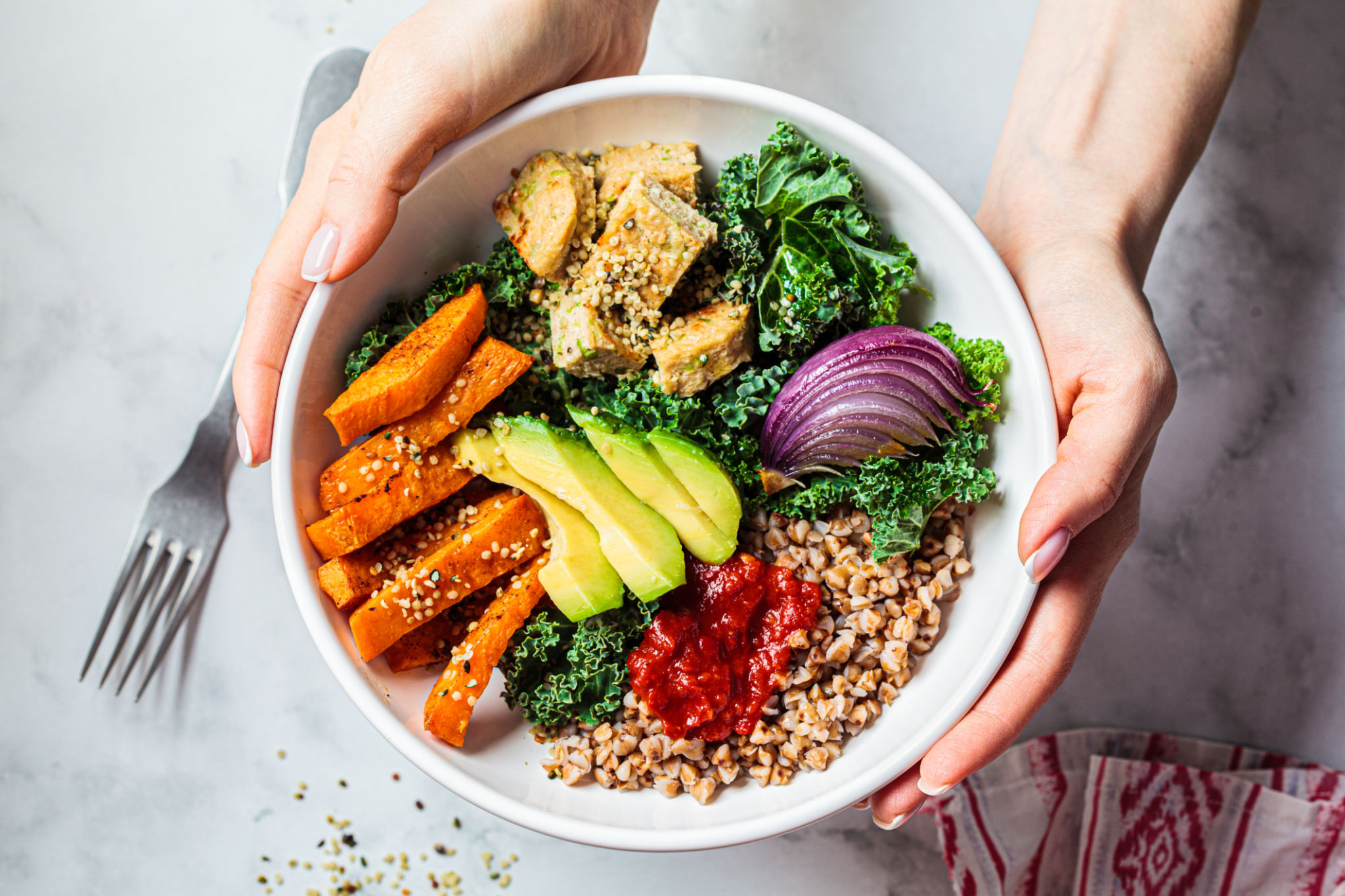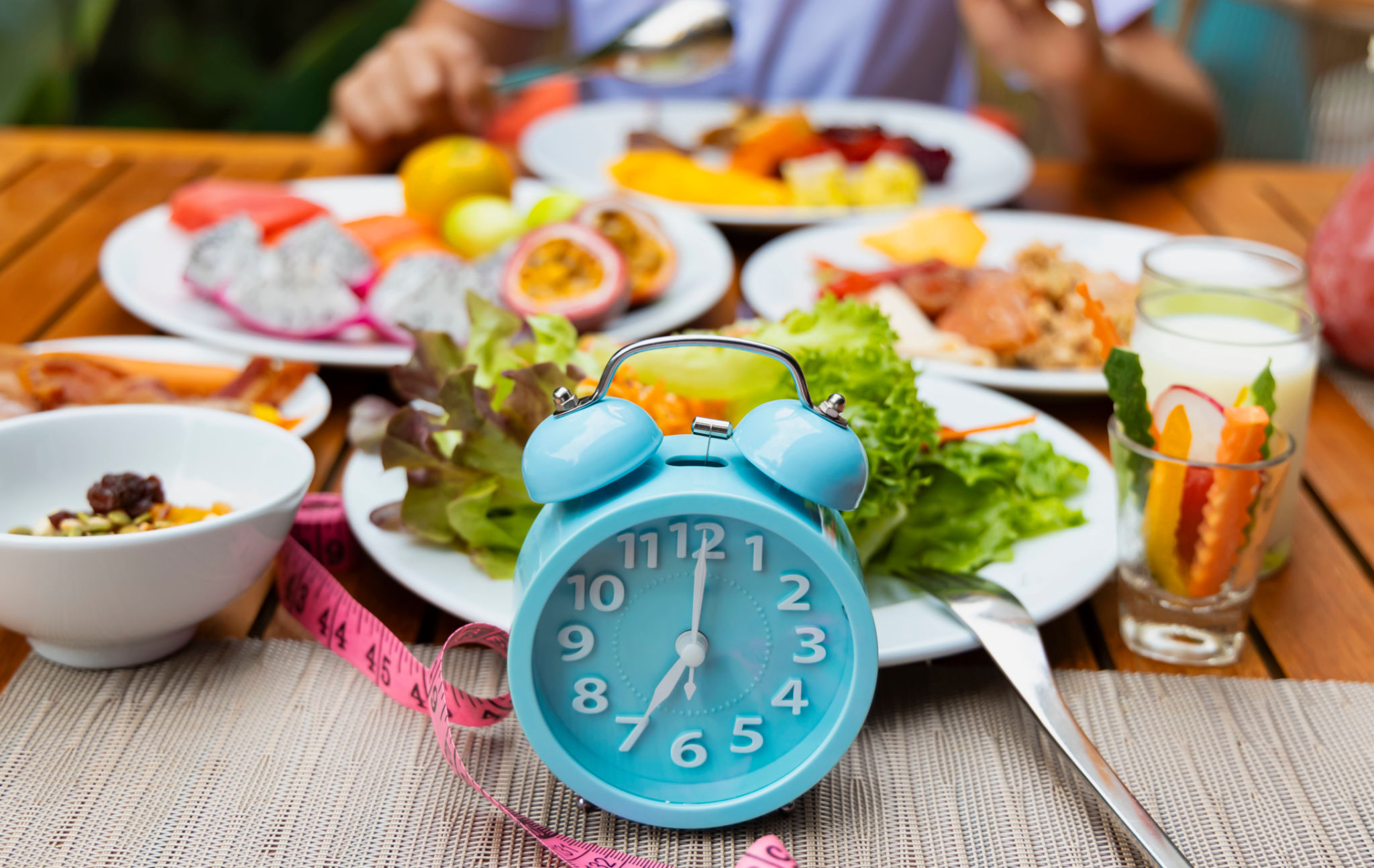Intermittent Fasting And Plant-Based Diet: Both are Beneficial for Women's Health?
Understanding Intermittent Fasting
Intermittent fasting has become increasingly popular in recent years as a method of weight management and overall health improvement. It involves alternating cycles of fasting and eating, focusing not on what you eat, but when you eat. This approach has shown potential benefits for metabolism, weight loss, and even brain health.
For women, intermittent fasting can be particularly appealing due to its flexibility. There are several methods available, such as the 16/8 method, where you fast for 16 hours and eat during an 8-hour window, or the 5:2 method, where you consume a normal diet for five days and restrict calorie intake on two days.

The Benefits of a Plant-Based Diet
A plant-based diet, on the other hand, focuses on consuming foods primarily from plants. This includes not only fruits and vegetables but also nuts, seeds, oils, whole grains, legumes, and beans. This diet is rich in nutrients and has been associated with numerous health benefits.
For women, a plant-based diet can help manage weight, reduce the risk of chronic diseases such as heart disease and diabetes, and improve overall well-being. It is also known for promoting healthier skin and enhancing energy levels.

Comparing Health Benefits
When comparing intermittent fasting and a plant-based diet, it’s essential to consider the specific health goals you aim to achieve. Intermittent fasting may offer more rapid weight loss results due to its calorie restriction nature. However, a plant-based diet might provide more sustainable long-term health benefits due to its nutrient-dense profile.
Moreover, adopting a plant-based diet can lead to increased intake of vitamins, minerals, and antioxidants, which are crucial for women's health. On the other hand, intermittent fasting might improve insulin sensitivity and promote cellular repair processes.
Potential Challenges
https://youtu.be/zsJTmok9LgA?si=MQI2vIYV7v_a8JDd
Both intermittent fasting and plant-based diets come with their own set of challenges. Women choosing intermittent fasting may experience hormonal changes or energy fluctuations that require careful monitoring. Ensuring adequate nutrition during eating windows is crucial to avoid deficiencies.
In contrast, those following a plant-based diet must be mindful of getting enough protein, iron, and other essential nutrients often found in animal products. Supplements or fortified foods might be necessary to meet these nutritional needs.
Practical Tips for Women
For women considering these dietary approaches, here are some practical tips:
- Start Slowly: Gradually introduce intermittent fasting or plant-based meals into your routine to allow your body to adjust.
- Listen to Your Body: Pay attention to how your body responds and adjust your approach if needed.
- Stay Hydrated: Regardless of your dietary choice, keeping hydrated is essential for optimal health.
Combining Both Approaches
Interestingly, some women find success by combining both intermittent fasting and a plant-based diet. This hybrid approach allows them to reap the benefits of both strategies—enjoying nutrient-rich meals during eating windows while maintaining a balanced calorie intake.
It's important to consult with a healthcare provider or a nutritionist before making significant dietary changes to ensure they align with your individual health needs and goals.

Conclusion
Ultimately, the choice between intermittent fasting and a plant-based diet depends on personal preferences and health objectives. Both can offer substantial benefits for women's health if implemented thoughtfully. By understanding the strengths and limitations of each approach, women can make informed decisions that support their well-being effectively.
Whether you choose one approach or a combination of both, the key is to maintain a balanced diet that nourishes your body and supports your lifestyle.